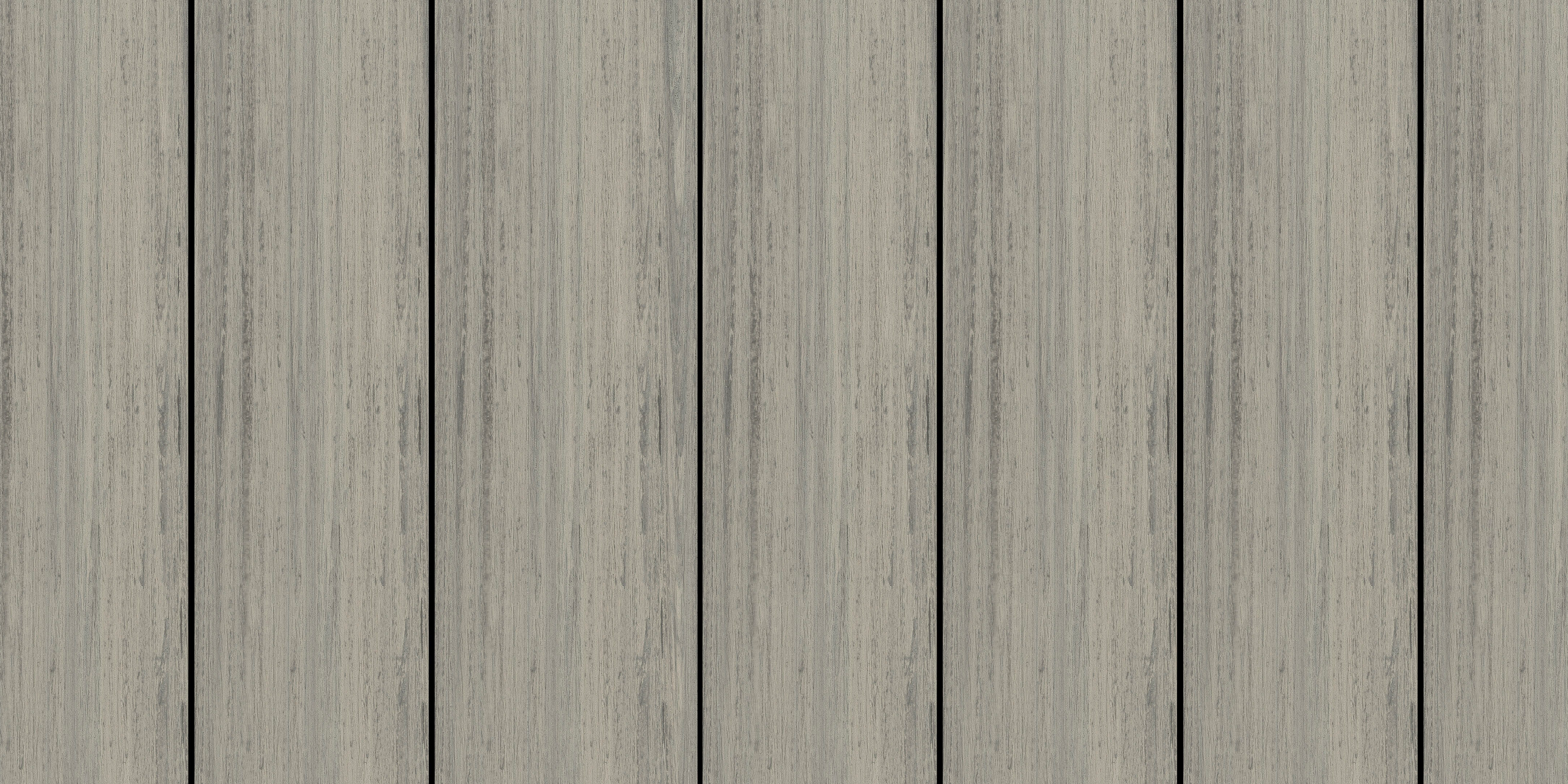Composite decking is often compared to wood decking- which is better? They both have their pros and cons. When building your deck, it is important to consider the following so you can best choose your decking materials. Let’s take a look at some of the cons of owning a composite deck.

Composite decking can fade
Similar to a car, composite decking will fade when exposed to the sun for a long period of time. It is unlikely that you will notice this fade, however. It typically will fade in a way that makes it still look great after 10 years, similar to a car’s paint job. This will vary from company to company- some are better about their fade warranty.
Composite decking can scratch

Another one of the cons of composite decking is it can scratch. Unfortunately, scratching is not exclusive to only composite boards. Like any other decking material- concrete, hardwood, pavement, metal- composite has the potential to scratch. However, there is a way to test which composite board will hold up the best. Take a key, or another hard item, and run it across your composite board samples. You can see which will be the best at taking wear and tear on its surface, and use that deck board.
Composite decking can stain
If you accidentally spill a stronger liquid like wine or ketchup, it can create a stain if it sits on the composite boards for too long. Removing these as quickly as possible will lower the chances of a permanent stain.
Composite decking can heat up more than other materials

When compared to wood, composite decking will typically heat up more under direct sunlight. This can be seen when two decking samples are placed outside under the sun; the cedar board will remain cooler. Color will factor into this heavily as well, as darker colors will retain more heat. However, one thing to note is regardless of the material, if it is above 80 degrees and the sun is shining on the deck, it will get very hot. Therefore, once you have shoes on, you will likely not notice that heat difference.
Composite decking can warp
The last of the cons of composite decking is it has the chance to warp. Different types of composite boards have higher or lower chances of getting water in and warping the board. Mineral based composite have low chances of warping since they don’t have organic wood material in their boards. Wood based composites have a higher chance of warping. Once the board is cut and the plastic cap is broken, water can get inside and cause swelling when it gets in contact with the wood. However, depending on the brand, this may not be noticeable.

